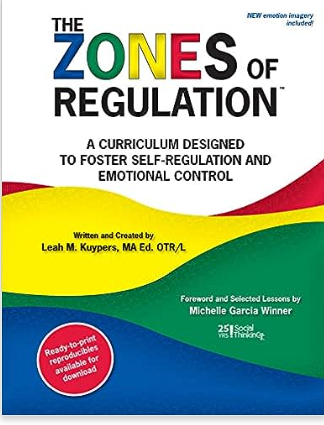“Look Through the Lenses on Disability: Insights Into Different Challenges”

Special needs cover a wide range of conditions and challenges that can impact aspects of an individual’s development, learning, and daily functioning. Here are some types of special needs:
Developmental Delay
Developmental delay refers to a situation where a child’s progress in learning developmental milestones is slower than their age peers. In addition, there is also a lack of math, reading and writing proficiency compared to their peers. Hence, a child will show evidence in one or more areas. By certain ages, these milestones include.
- Physical development
- Cognitive development
- Communication development
- Social or emotional development
- Adaptive behaviour development
It is, therefore, important to note that many factors can cause developmental delay. This includes genetic conditions, medical issues, premature birth, environmental factors, or unknown causes. Moreover, early detection and intervention are crucial, as early support can often improve outcomes for children with developmental delays.
A child’s pediatrician or healthcare provider can play a key role in monitoring developmental milestones and identifying delays.
In addition, if a delay is suspected, a child might be referred to specialists such as.
- developmental pediatricians,
- speech therapists
- Occupational therapists or other healthcare professionals can assess and provide appropriate interventions tailored to the child’s needs.
Emotional Disability
Emotional disability, also known as emotional or behavioural disorders (EBD), is a condition in which an individual’s emotional and behavioural reactions significantly differ from what is usual for their age and developmental stage. Subsequently, these conditions can affect a person’s ability to function well,
- Social
- Academic
- Personal settings.
Emotional Traits
- Inability to build or maintain relationships with peers and teachers.
- Intellectual, sensory or health factors cannot explain the failure to learn and it.
- A persistent mood of unhappiness or depression
- Inappropriate types of behaviour or feelings in the norm
- The fear associated with school issues.
It is important to understand that emotional disabilities can arise from a combination of genetic, environmental, and psychological factors.
What Can Be Done?
Early intervention, individualized support, and appropriate therapies can make a substantial difference in the lives of individuals with emotional disabilities. Teachers, therapists, counsellors, and parents play a crucial role in supporting the necessary support to help individuals manage their emotions, develop coping strategies, and succeed in various aspects of life.

Intellectual Disability
Intellectual disability, also known as intellectual developmental disorder (IDD) or cognitive impairment, is a condition described by limits in intellectual functioning and adaptive behaviour.
What Will a Child Experience?
Individuals with intellectual disabilities experience encounters in areas such as learning, problem-solving, reasoning, and adaptive skills required for daily life. Intellectual disability is typically diagnosed before the age of 18 and is a lifelong condition.
In fact, their verbal and non-verbal scores on the scale are two standard deviations below the mean on the intelligence test. Secondly, there is also an observed deficit in educational performance when compared to the child’s peers.
In conclusion, whichever exceptionalities an individual has, we unquestionably become knowledgeable of them. These individuals need your support and understanding as they navigate daily living.
References
Reed-Harris, M. (2022, June 16). Adaptive skills. PASEN. https://pasen.org/adaptive-skills
Special education services. South Carolina Department of Education. (n.d.). https://www.ed.sc.gov/districts-schools/special-education-services/
